Farmer John Writes: What is the Farm to You?
Extended Season Week 3, November 22nd – 28th, 2020
The Season is Winding Down
This is the third week of our four-week extended season. If you have a two-week extended season share, and you receive a delivery this week, this is probably your last delivery of the season. We hope that your CSA experience this year has been a marvelous journey.
If you are unsure about your delivery schedule for the rest of the season, please find your delivery schedule in your membership account at www.harvie.farm/member/deliveries.
Brussels Sprouts
This is our best year for Brussels sprouts in many years. Still, it is not as good as I would like. Some of the stalks are graced by many large sprouts; some of the stalks are graced by large sprouts at the bottom and smaller sprouts at the top; some of the whole stalks are populated mostly by small sprouts. The stalks are much longer than what will fit into your box, so we cut them into two pieces, or, in the case of extra tall stalks, three pieces.
When we put Brussels sprouts into your box, we try to select them judiciously. If you customize your box with one Brussels sprouts order, you ideally receive one partial stalk laden with sprouts or two partial stalks with sparser sprouts or sometimes even three partial stalks with meager sprouts. It’s a packing task of approximation, and we do our best to equalize the Brussels sprouts “unit” or “measure” while packing.
I’ll add here that organic Brussels sprouts are quite expensive at the store, because they are expensive to grow. They are about $5 per pound at Whole Foods, or you can order them through Etsy at $60 for four pounds (In case you just gasped, shipping is included in that price.) It takes about 16 to 20 nicely-sized sprouts to make a pound. If you get a lucky stalk in your box, it might sport 30 sizable sprouts—that would be the jackpot.
Our Fabulous Site Hosts
We have over 40 delivery sites throughout Chicagoland and local to our farm. These sites are hosted by people who want to support their communities and Angelic Organics Farm.
Many of our site hosts go to great lengths to ensure that shareholders receive their shares. Some contact shareholders who neglect to pick up their shares to arrange for an alternate pickup time. This year, site hosts have followed practices to minimize the risk of Covid-19 at their sites. Often, site hosts will clean up after an un-tidy shareholder.
We at the farm wince when we hear about occasional rudeness towards our site hosts or disrespect towards their sites.
We hugely appreciate our site hosts for the contributions they make to your community and to our farm. As the season winds down, please acknowledge them. Pull out the stops; shower them with praise and adoration and gifts. If you are more subtle than that, a nice note of thanks will do.
Our Stellar Crew
On our farm, with all the emphasis on hand labor, a primary focus is on the field crew. As I have noted in previous issues of Farm News, the field crew this year has been stellar. I meet with them early in the morning and right after lunch to assign the day’s tasks. They head to the washing and grading area or to the fields according to their work assignments.
Every work day is different. Every day, there is a different set of considerations based on crops, weather, labor availability, etc. This is the art of managing a diversified vegetable farm—improvisation. What the plan is before the meeting might change during the meeting based on crew feedback, or a sudden change in the weather forecast, or a buried memory of some urgent task that suddenly surfaces.
We grow over 40 types of vegetables and herbs (and within those categories, hundreds of different varieties.) Imagine the array of tasks—harvesting, bunching, washing, counting, bagging, thinning, weeding, trellising, trimming, thinning, transplanting, etc. Imagine that the directive for bunching or grading a crop one day might not apply to that crop three days later because there is more of it, or less of it, or there is sudden bug damage or blight degradation. Imagine grading standards that acknowledge that most shareholders will not mind a blemish on their cucumber or tomato, but a few will object strenuously.
Labor is the single biggest cost on our farm, so it is easy to focus on the field crew and the physical work they do.
It Takes a Village, of Sorts
However, much more than the field crew is needed to make the farm function properly. It takes a village, of sorts. Think of the many things beyond the field labor that need to be done: building maintenance, building construction, machinery maintenance, machinery operation, hiring, training, food safety protocols, packing, delivery, seeding, mechanical weeding, bookkeeping, inventory management, customer service, marketing, fertility management, irrigation, greenhouse management, planning, organizing, procurement, designing, research, writing this newsletter, etc.
When You Picture Your Farm
I wonder what sort of picture you hold when you picture your farm. Is it fields, crops, buildings, a tractor, a barn, sky, trees, workers?
Is it a panorama, a metamorphosis? Is it your box contents, the food you prepare from your share? What is the farm to you? What is your picture of it?
Warmly,
Farmer John
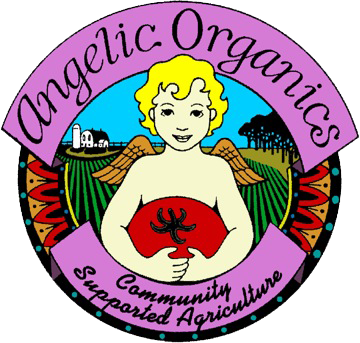
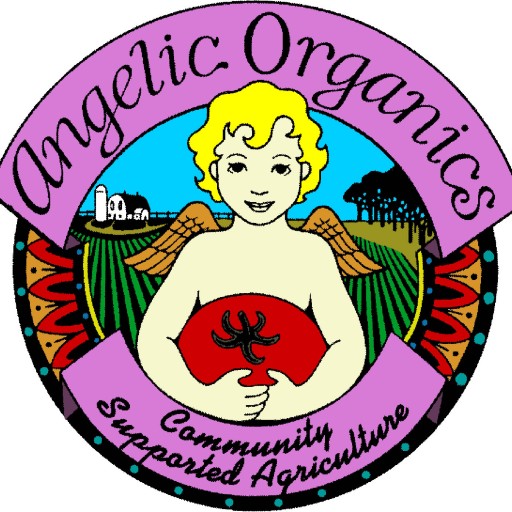
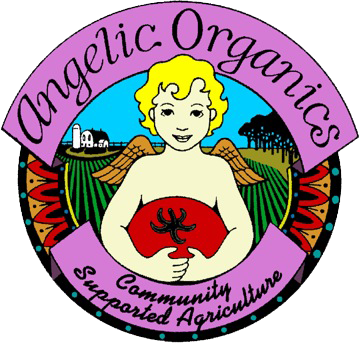
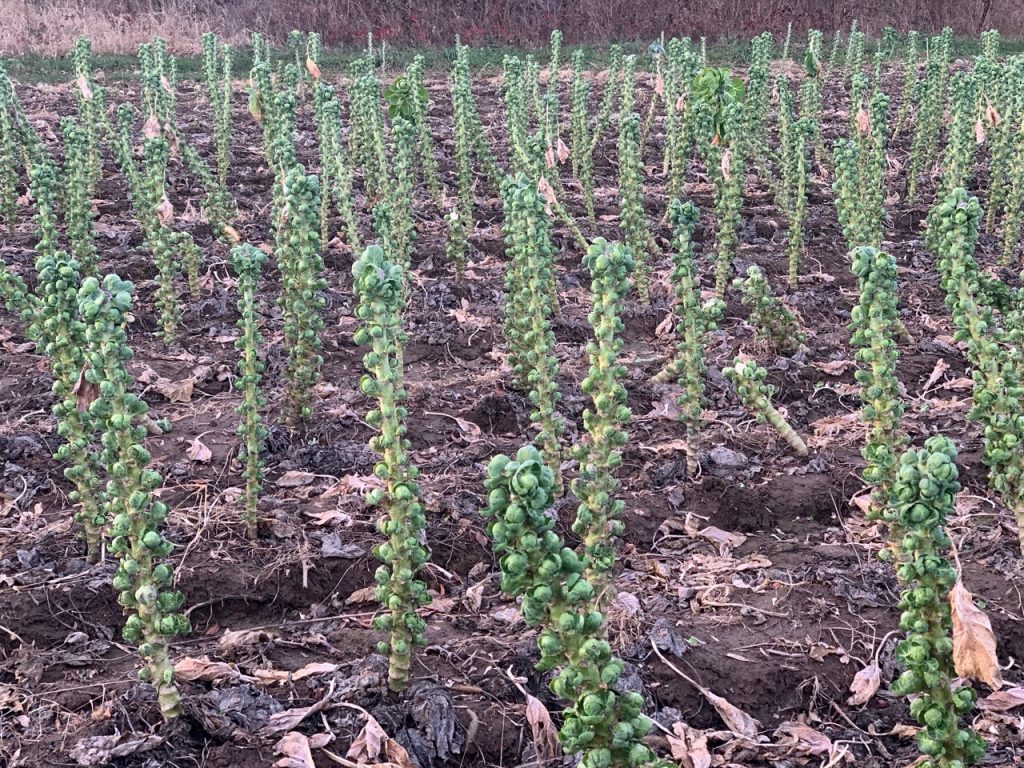
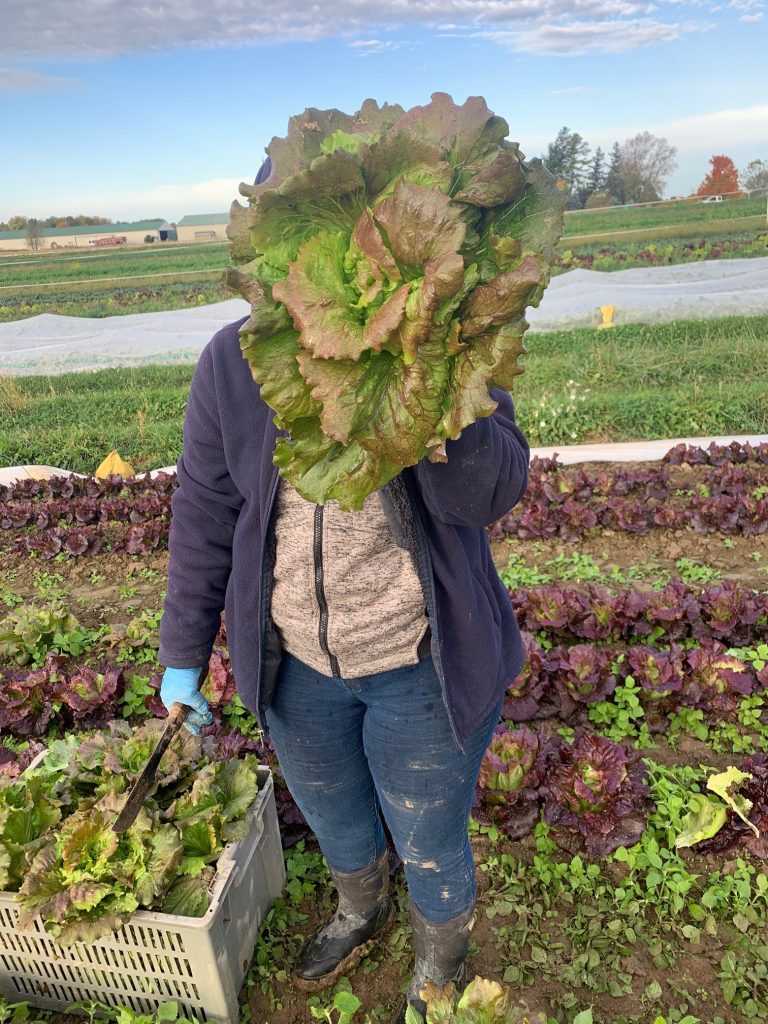
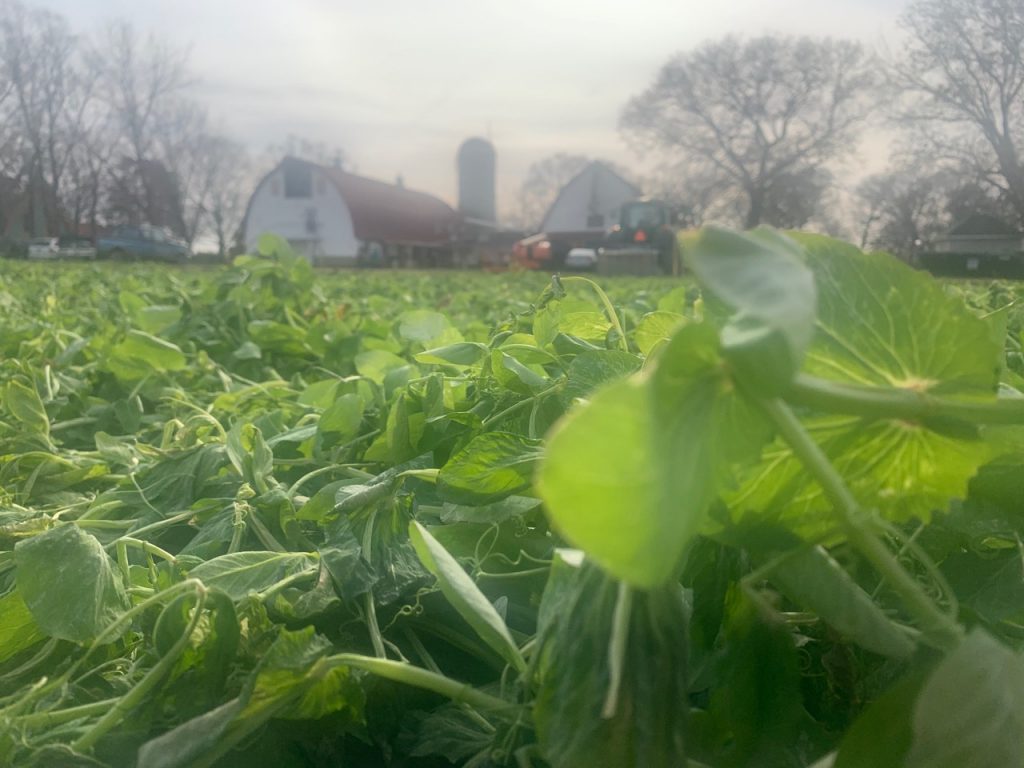

THANKS. Enjoyed reading this and the sprouts. Yum! Happy Thanks giving! PEace, Barb